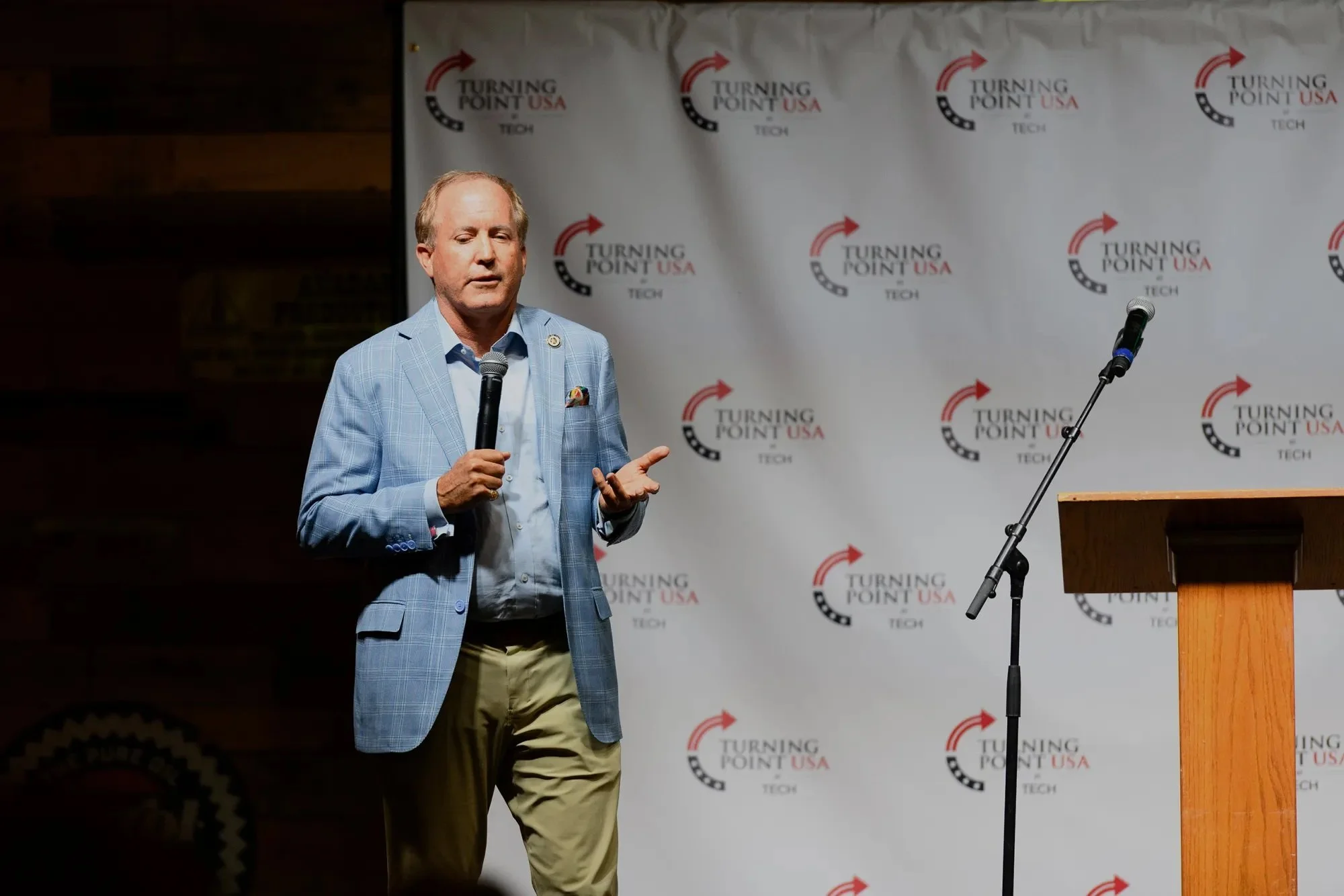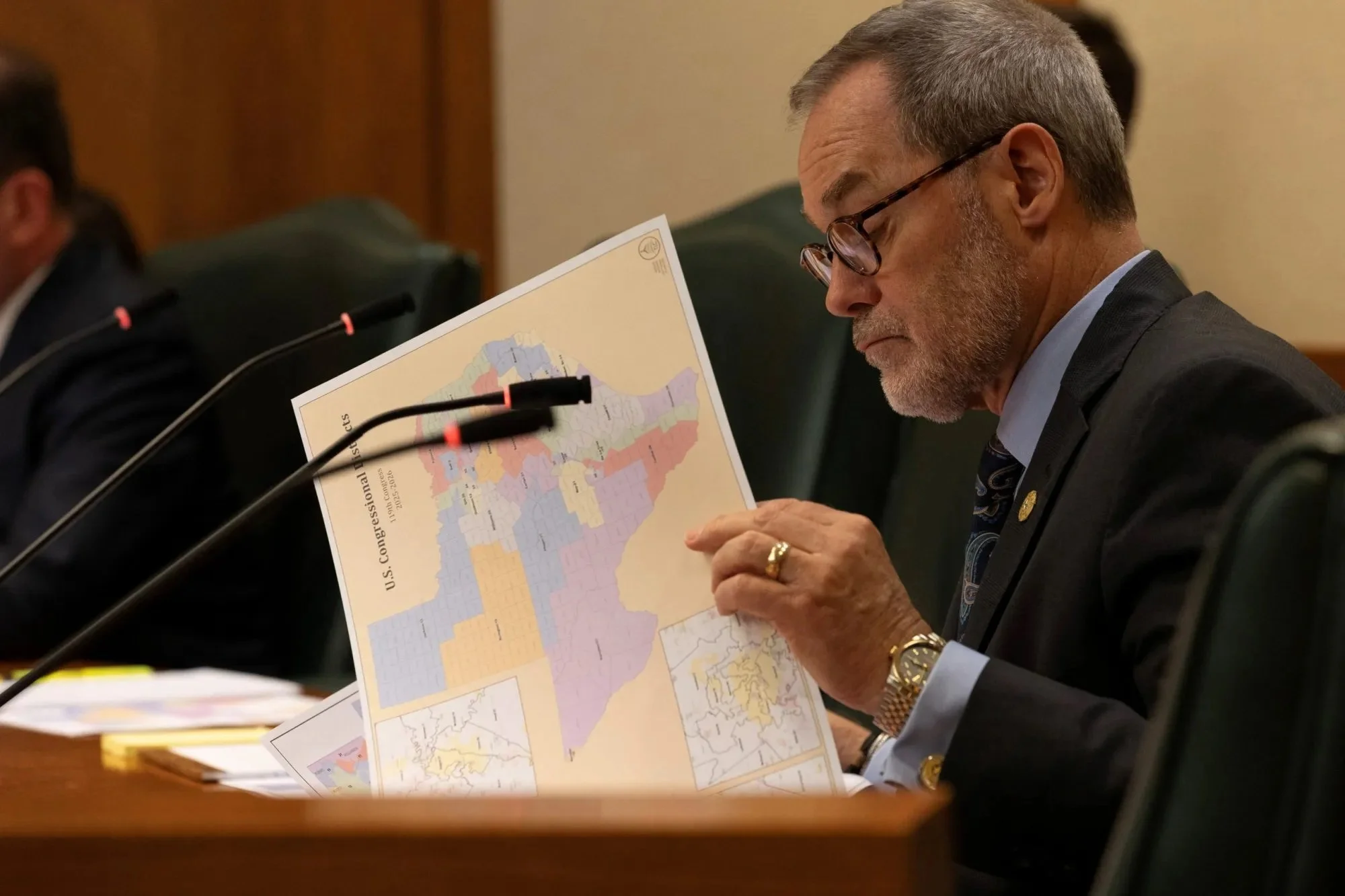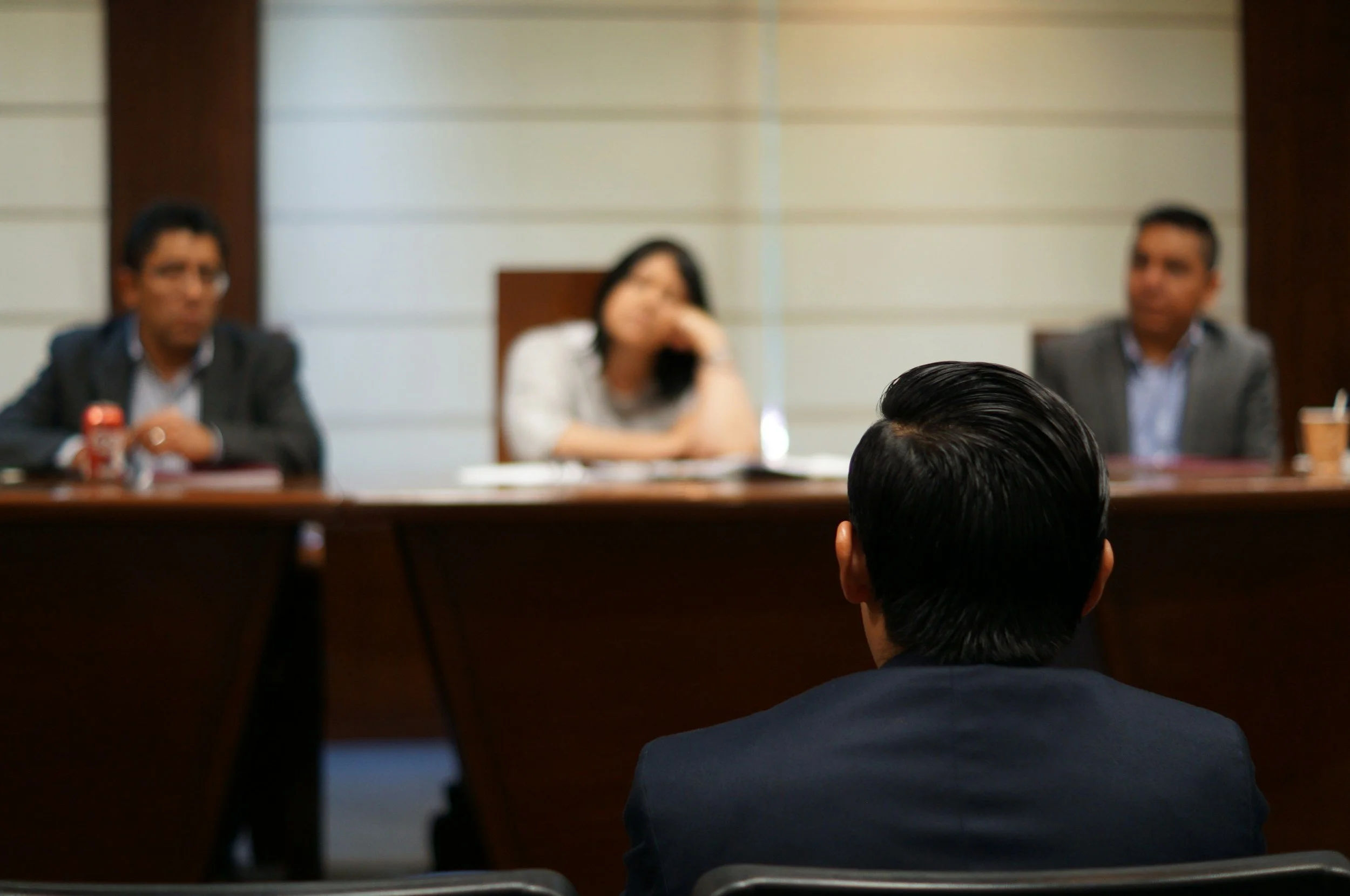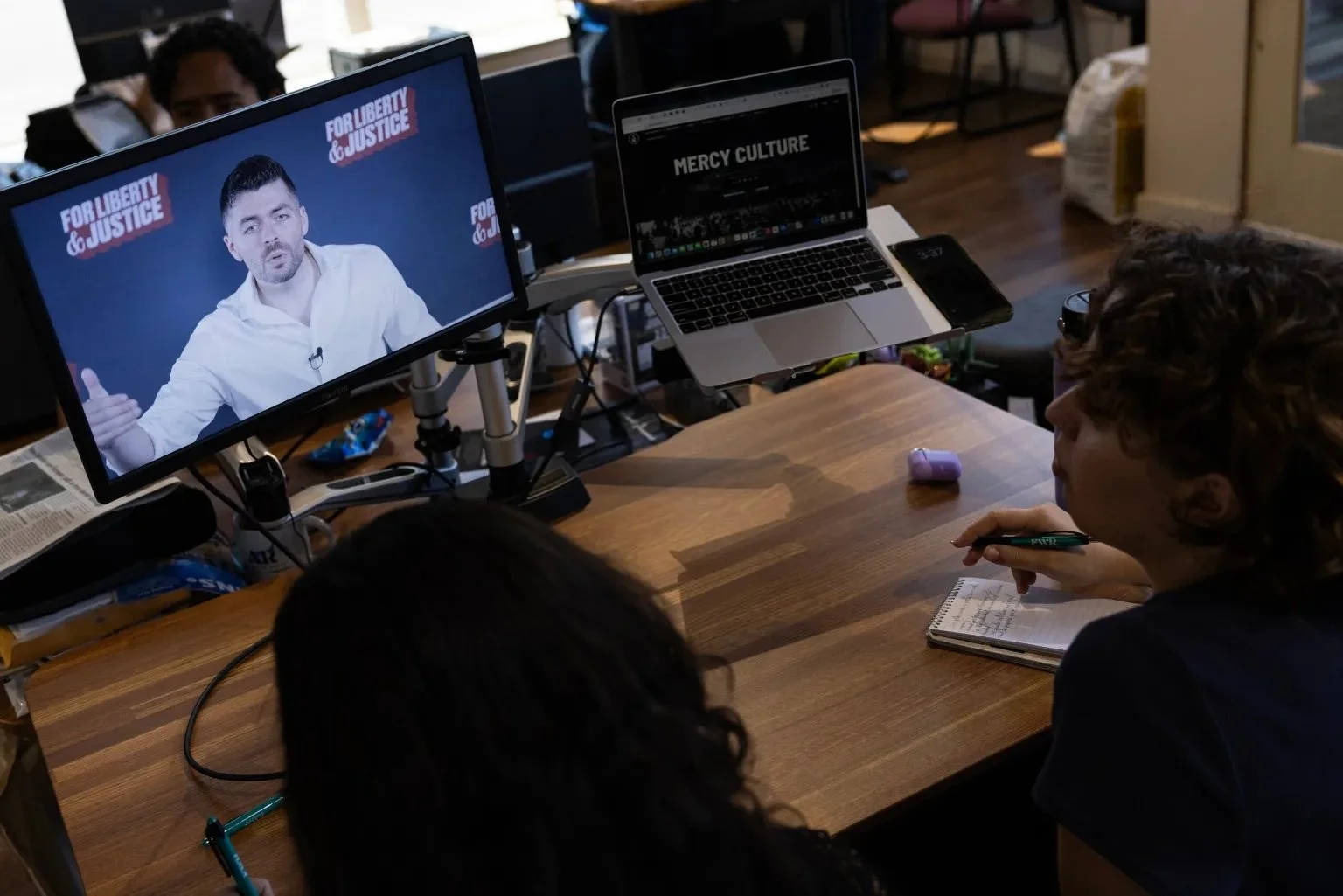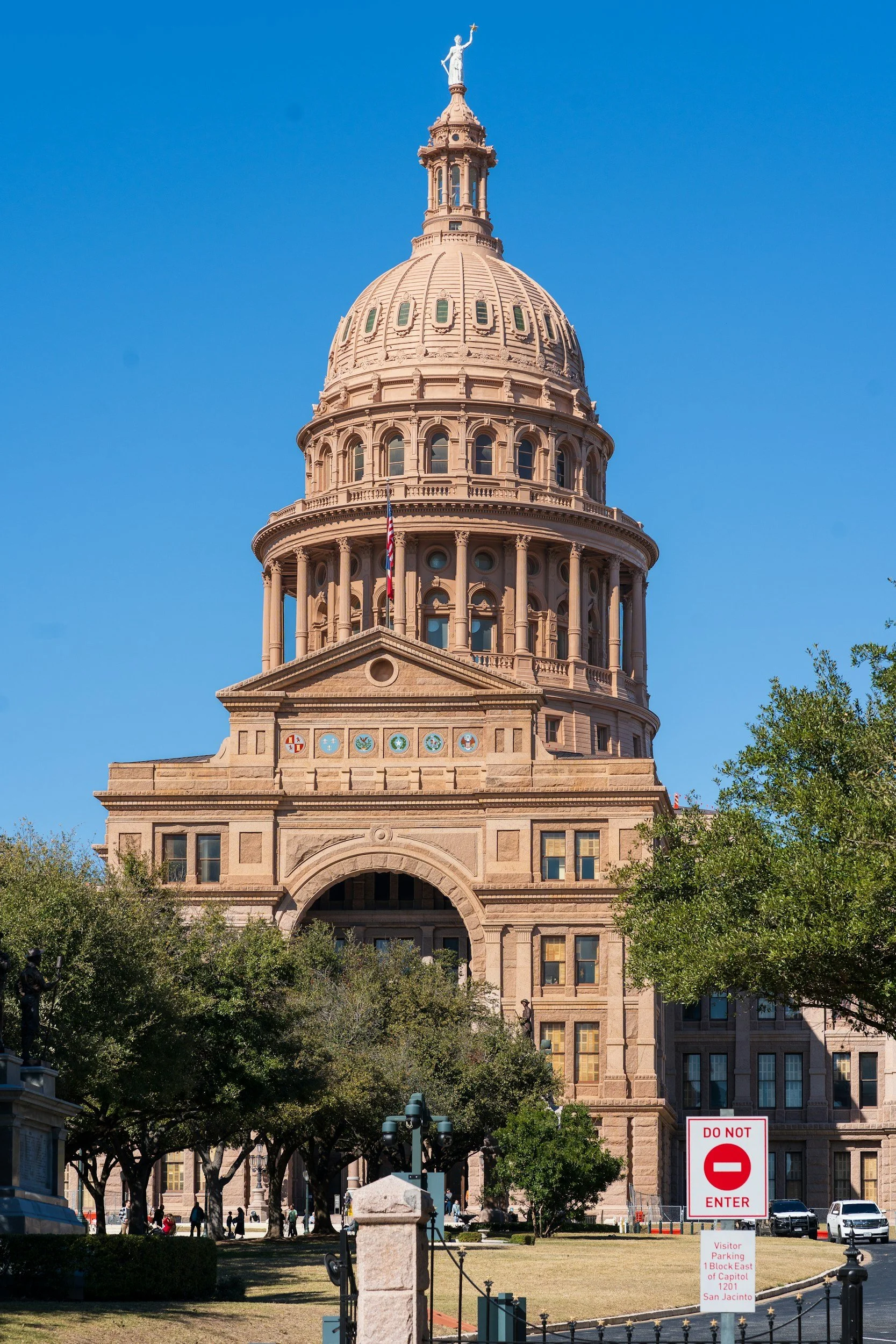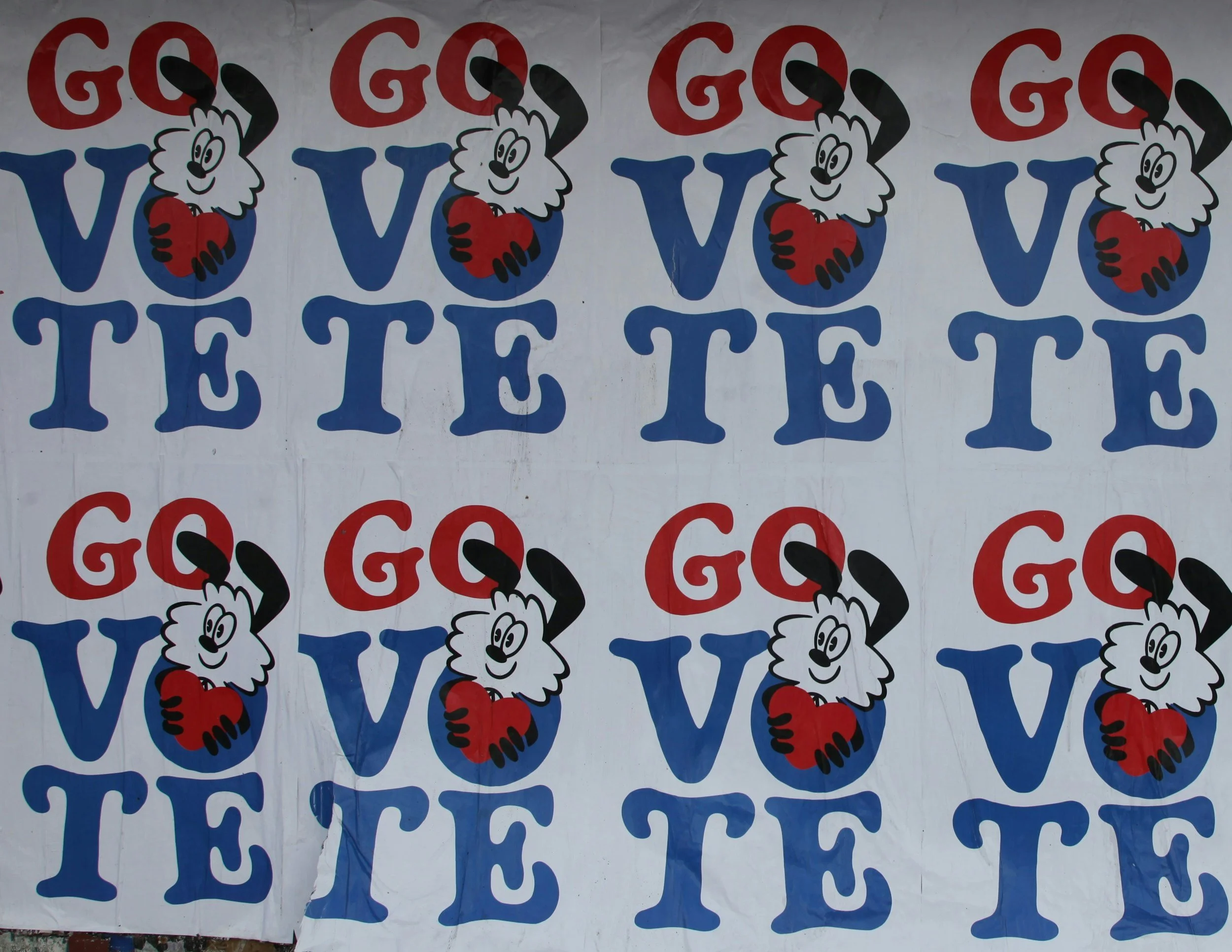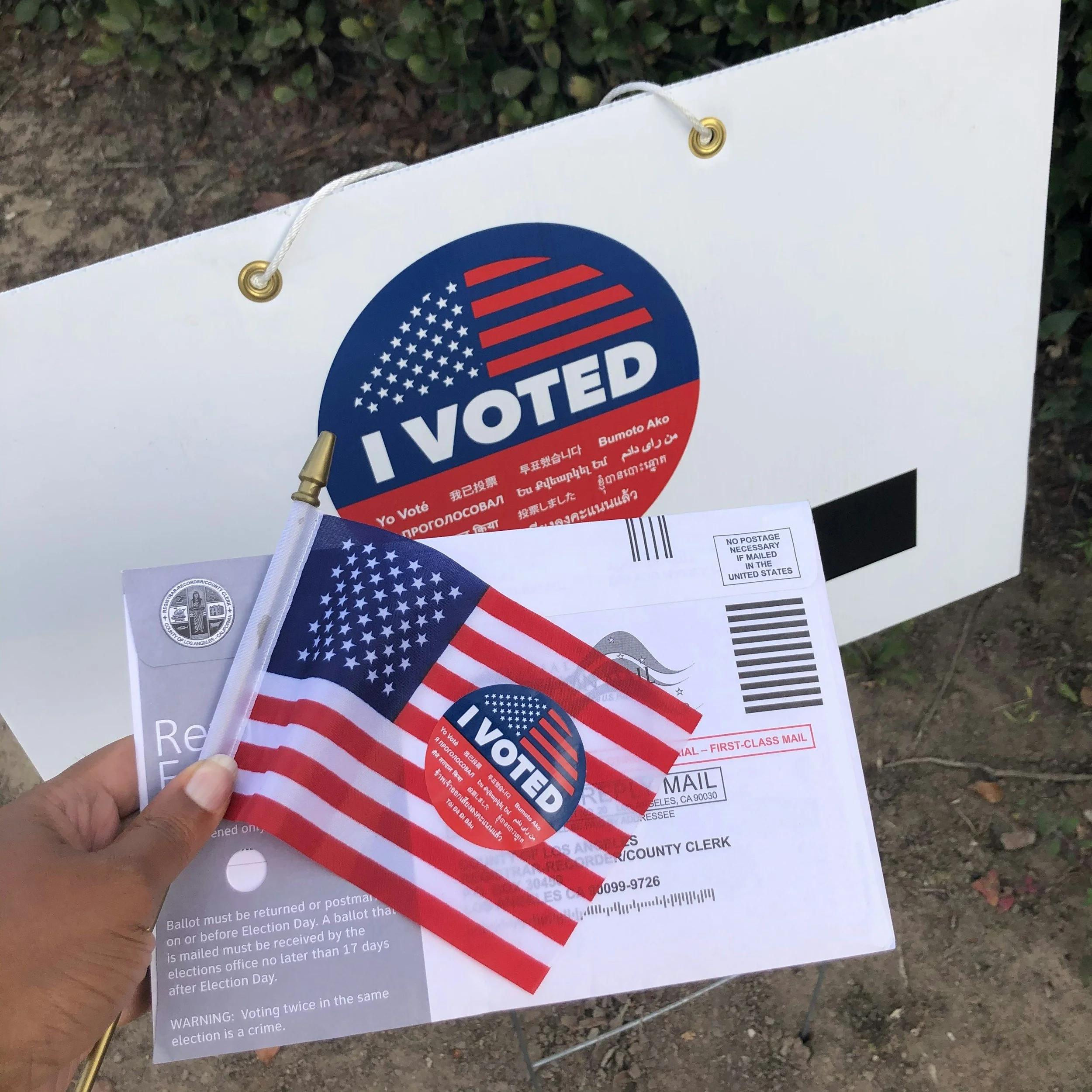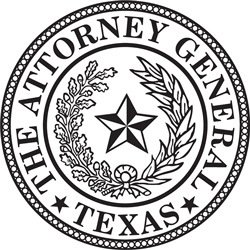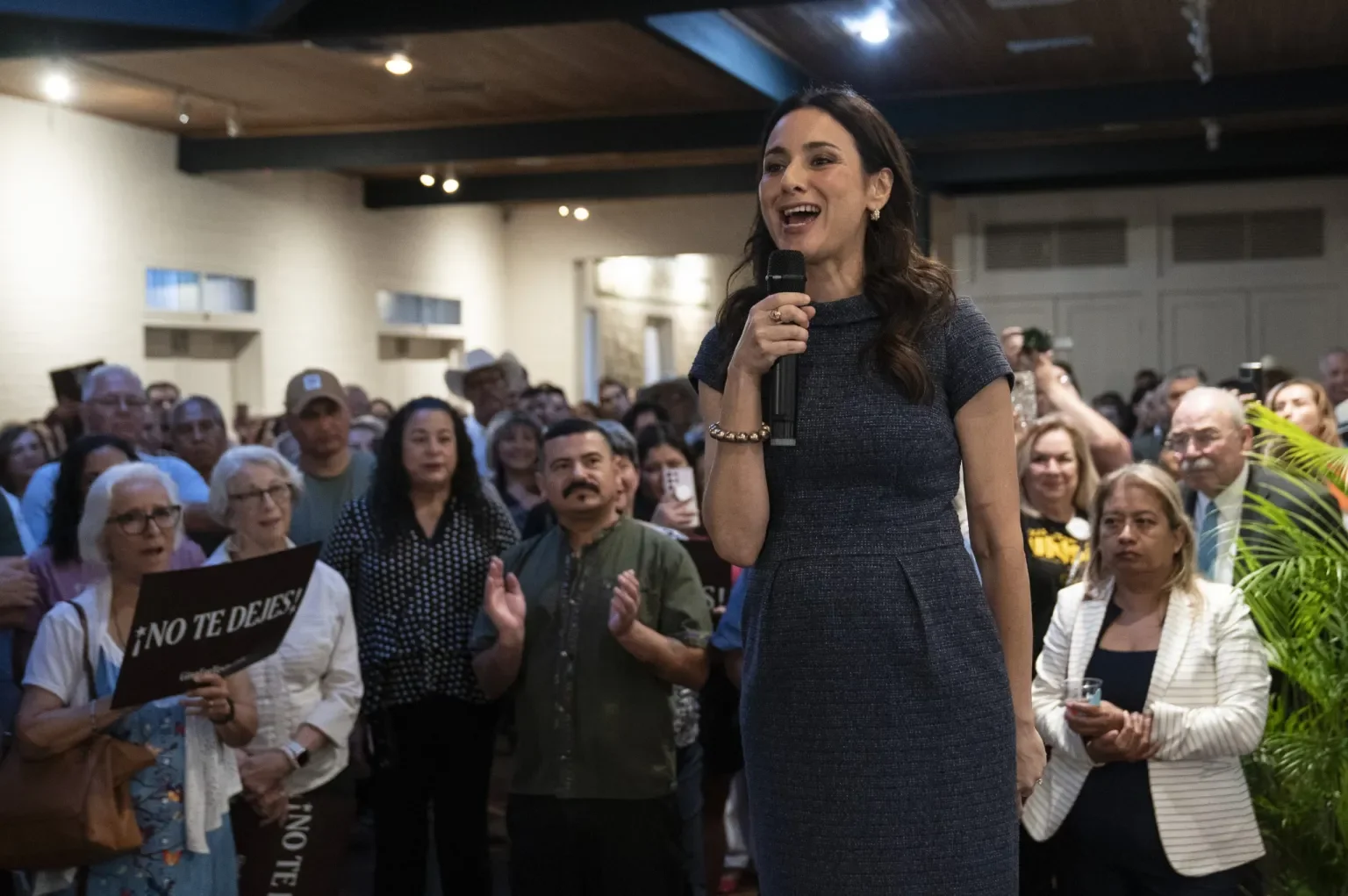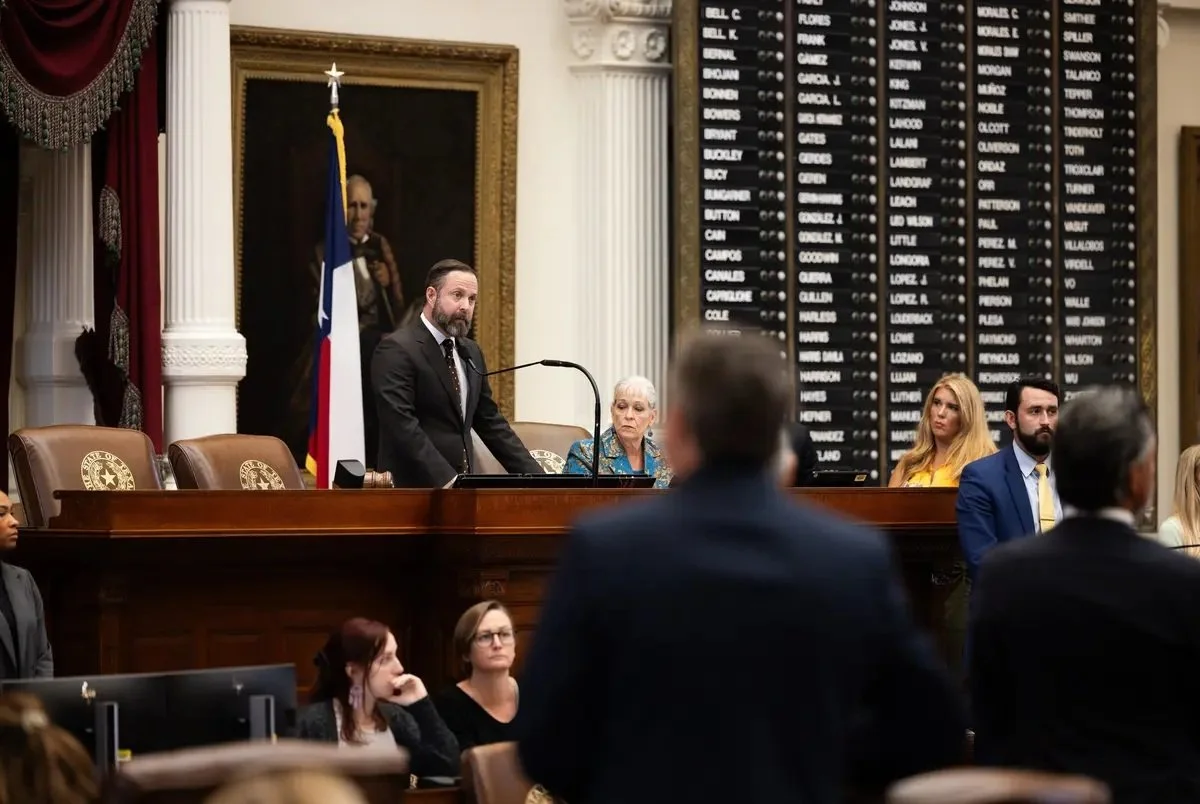Politics
The detailed guide shows what will be on the ballot, mail-in voting information, voter registration requirements, and important dates to know.
The governor is Texas’ chief executive, with a hand in everything from enforcing laws to setting budget priorities and responding to crises. Here’s a look at who’s running in the 2026 primary and where they come from.
The U.S. Postal Service warns it may not postmark mail the same day it takes possession of it. The deadline to register for the March 3 primary is Feb. 2.
In an exhaustive legal opinion released on Monday’s Martin Luther King Jr. Day holiday, Attorney General Ken Paxton criticized decades-old and long-moot guidance issued by John Cornyn, his opponent in the March 3 Republican primary for U.S. Senate.
This detailed guide shows what will be on the ballot, mail-in voting information, voter registration requirements, important dates to know and much more.
Procedures for public comment at City Council meetings have been revised for improved public participation.
The ruling is a major win for the Trump administration and Texas Republicans, who engineered the map to give the GOP control of 30 of the state’s 38 congressional districts.
Under this statute, the state may assume administrative oversight if an investigation reveals patterns of problems.
Attorney General Ken Paxton will file an appeal with the Supreme Court of the United States and ask for a stay of an order of a three-judge district court.
At the core of the program is the idea that there is no separation between what happens within the church and what happens in the government.
The propositions include restrictions on the creation of certain taxes, new tax exemptions, investments on water infrastructure and dementia research.
As part of USCIS’ commitment to Executive Order 14248, those verifying voter rolls can create a case without needing a complete Social Security number.
Eligible voters will weigh in on 17 proposed amendments to the Texas Constitution. Many voters will also have the opportunity to vote in local and special elections.
In an effort to pass Prop Q, which will be on the November 4 ballot, non-profit organization Foundation Communities, Inc. has reportedly pledged to donate $25,000 to the Love Austin Political Action Committee.
Paxton’s comment argues that the current registration system, which is based solely on self-attestation of citizenship, fails to protect voter rolls from illegal registrations.
During early voting, Texans can vote at any polling location in their county of registration.
The five-term state lawmaker from Austin has homed in on education issues in the Texas House, becoming a primary foil to Abbott on school vouchers.
Many federal employees are required to continue working without pay, though furloughs — or the usual uptick in workers calling in sick — could disrupt some services.
Texas’ congressional delegation obtained tentative funding for infrastructure improvements, university research and other initiatives, but the nearly 350 earmarks are all in jeopardy.
Senate Bill 8, which goes into effect on Dec. 4, restricts bathroom use in government buildings and schools to the sex assigned at birth.




